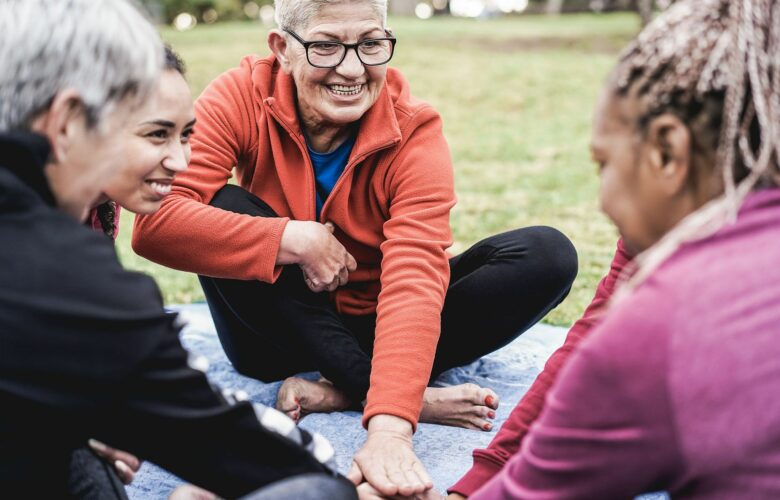Children & young people's wellbeing challenge

Empowering pupils to design assets to improve wellbeing in school.
A young person with good mental wellbeing is more likely to be happier, healthier, more resilient and better able to achieve their goals. They’re also less likely to develop a mental health condition.
Through our work in schools, we found that children and young people:
- didn’t know where to go to find information about mental health and wellbeing
- felt disempowered to support each other’s mental health
- felt mental health and wellbeing is important and they wanted more support
- felt that support in school that involved their peers was a good idea
- Lancashire Mind’s Wellbeing Challenge
Lancashire Mind’s Wellbeing Challenge provides a clear framework to support young people in secondary schools. Encouraging pupils to co-produce and lead wellbeing initiatives for their school providing peer support to improve awareness and understanding of mental health and wellbeing.
"One young person said - There's no education about mental health other than the odd assembly about stress management so something should definitely be done to change this."
The programme
Our Children’s Wellbeing Challenge values young people as agents of change who increase awareness of what we can all do to nurture our own and others mental wellbeing. The young people are given the mission of improving wellbeing for their school and the framework supports them through a project management process to develop an asset or initiative that will bring long lasting change for themselves, their peers and the whole school community.
Children's Wellbeing Challenge
-

750
pupils across 64 Lancashire schools have taken part in challenge
-

94%
of young people report feeling that their wellbeing has improved
-

99%
of young people enjoyed being part of the Wellbeing Challenge
-

The wellbeing challenge
has been a great experience and has made our school a better place
Resources & downloads
Information - Children's Wellbeing Challenge
"It was great to think about what is already good and what could be improved, and we got to be really creative about what we wanted to do. It's been really empowering for students to learn how to look after their own wellbeing...and provide support to their peers."

